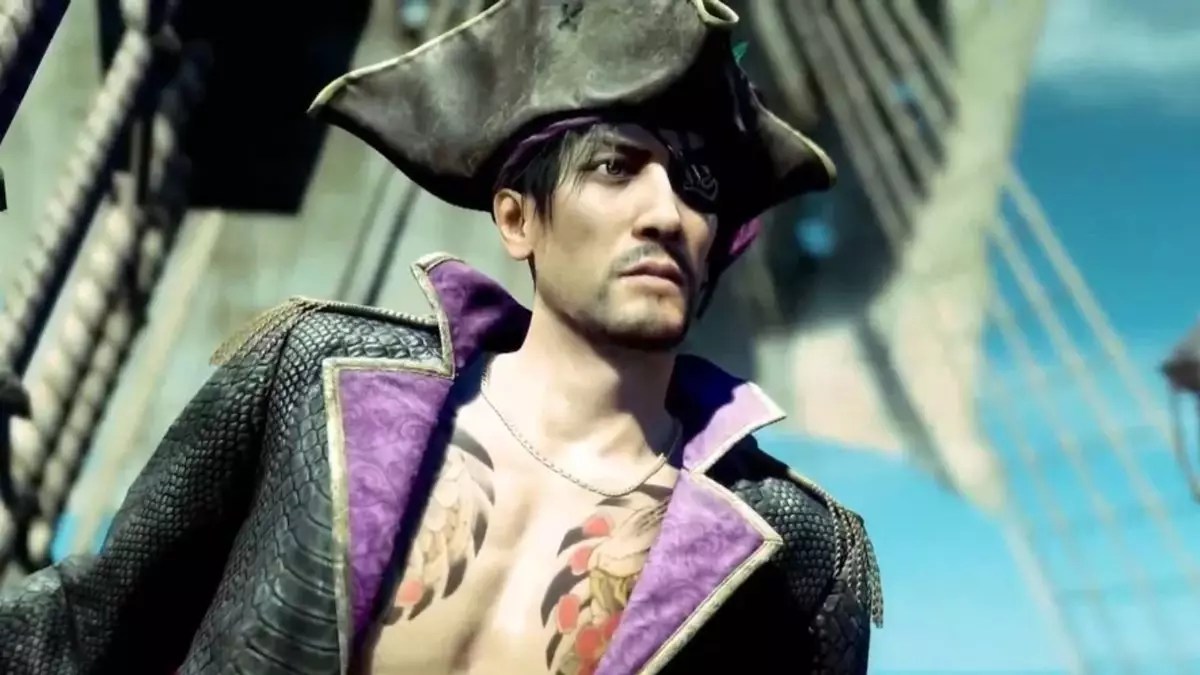RGG Studio continues to impress the gaming community with its relentless output of the Yakuza series, managing to release titles at a speed that stands in stark contrast to the more sporadic schedules of other major franchises. The recent announcement of “Like A Dragon: Pirate Yakuza in Hawaii,” set to debut next February, is a testament to this unyielding productivity. The developer’s ability to maintain a steady stream of new content is striking, especially in an industry increasingly burdened by extended development timelines. This latest offering will come on the heels of “Like A Dragon: Infinite Wealth,” released just year prior, showcasing the studio’s commitment to keeping its fanbase engaged.
Michael ‘Cromwelp’ Douse, Director at Baldur’s Gate 3 publisher, has applauded the series for its “genius” approach, highlighting the franchise’s method of evolution versus revolution. Instead of commencing anew with each installment, RGG embraces a “fractal design” philosophy, refining its games while preserving the essence that fans adore. This methodology not only fosters a sense of continuity but also serves as an economically savvy strategy in a landscape where traditional franchises have adopted more ambitious—and costly—ambitions. Games are no longer released annually; instead, titles like “Halo” and “Assassin’s Creed,” once synonymous with regular intervals, have opted for a more measured approach, reflecting a fundamental shift in the industry.
Unlike franchises that reinvent themselves with every new entry, RGG Studios capitalizes on a variety of shared assets, including locations, minigames, and character animations. This prudent reuse of resources allows for a more fluid development process, enabling the team to focus on meaningful enhancements rather than starting from scratch. The upcoming “Pirate Yakuza in Hawaii” illustrates this point effectively, using familiar settings and gameplay mechanics while adding new features like a jump button. This addition, simple as it may seem, could dramatically impact gameplay, especially for dedicated fans of the series who relish the extensive minigames—the lifeblood of Yakuza’s charm.
The Yakuza community has thrived on this consistent output and cohesive design philosophy. Players who engage with these games find solace in their familiarity, akin to revisiting a cherished book series. The loyalty cultivated through RGG’s iterative approach demonstrates the significance of understanding and catering to an audience’s desires—an aspect often overlooked in modern game design. Fans appreciate nuanced changes that enhance their experience while retaining elements that have become iconic within the series.
As RGG prepares to unleash “Like A Dragon: Pirate Yakuza in Hawaii,” the anticipation is palpable. The franchise stands as an outlier in a sea of rebooted narratives and constantly evolving gameplay paradigms. With each release, not only does RGG show that rapid development can yield quality content, but they also highlight the power of iterative design in sustaining a gaming community. For loyal fans, the upcoming title promises to deliver the blend of innovative gameplay and rooted tradition they cherish, ensuring that the Yakuza saga continues to thrive.


Leave a Reply